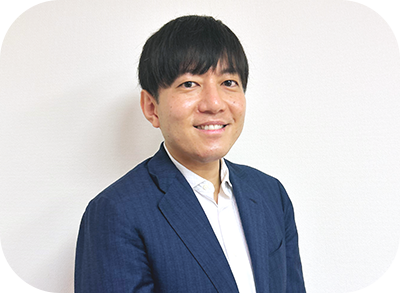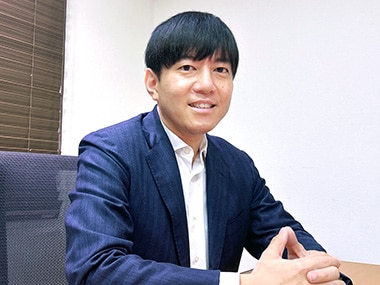Q. What hopes do you have for Meiji when it comes to solving the nutritional issues faced by society?
There are two aspects for that.
The first point is to disseminate information and raise awareness about nutrition issues. If we continue to overlook nutrition issues in the future, it is foreseeable that our society will be in an undesirable state, with social security costs increased and labor productivity decreased. However, many people are still unaware of them. Meiji, which provides much nutrition to society through the supply of its products, is perhaps one of the companies that understands this challenge the best. For this reason, I hope that Meiji will take the lead in disseminating information and raising awareness about nutrition issues. In order to address nutrition issues, it is important to consider regional characteristics. Food culture has regional traits, and genetic conditions also differs from region to region. It is important to take such regional differences into consideration in order to solve nutritional issues around the world. Meiji has been extensively involved in the food cultures of various regions, including Japan, Asia, Europe, and the United States, and I am convinced that you are highly awareness of the differences in food cultures across the world. I would very much like to see the company actively communicate the nutritional situation in each region and link this to the health of people around the world.
The second is to use the Meiji NPS as a new approach to product development. The traditional approach has been to survey consumer interest in health and nutrition and market products based on the results. However, what is required of food companies today is to discover issues that consumers are not yet aware of and to create innovations that solve those issues. To do this, they need a scale to identify potential challenges, and the Meiji NPS should play that role. I think it is important to use the Meiji NPS to find ideal solutions to issues that have not been recognized as challenges, or that have been recognized as challenges but considered difficult to face, and to challenge innovation.

